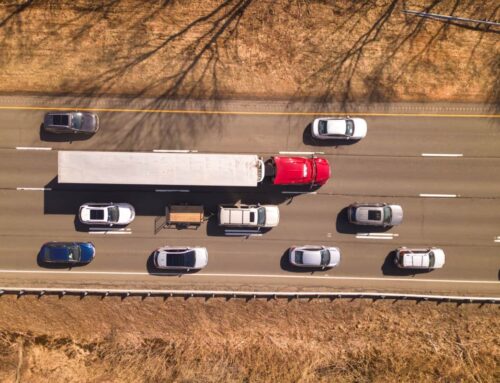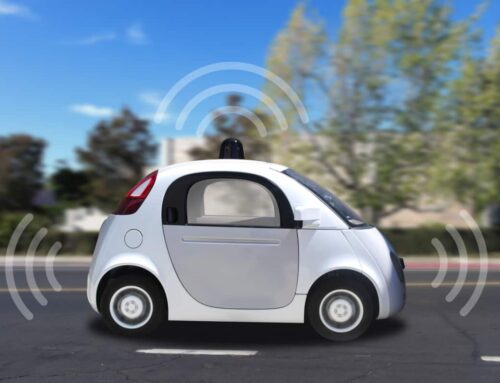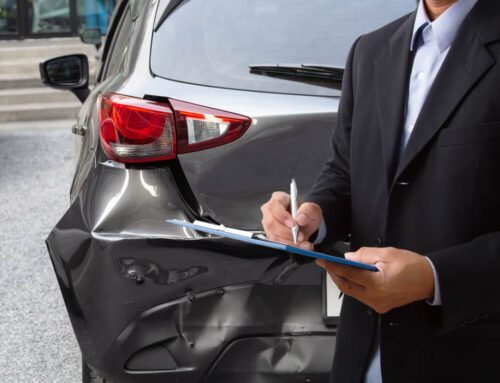Many factors can contribute to a car accident. In some cases, you may not even know exactly what led to your accident at first glance–and having an attorney sort out the evidence from the accident can, therefore, prove critical to establishing liability for the accident and helping you pursue the compensation you may deserve. However, several common factors out on the road can increase the risk of a serious car accident.
Driver Distraction
Distracted driving remains one of the most common causes of car accidents. In fact, distracted driving kills around 8 drivers in the United States every day, and causes even more crashes involving serious injury. Distraction may also serve as a factor in an even higher percentage of car accidents, even when other factors also contribute.
Most people assume that driver distraction means a driver using a cell phone, whether texting or browsing the internet, while driving. However, driver distraction can occur due to a variety of other common activities, including eating and drinking, conversing with people–particularly children–in the vehicle, and changing vehicle settings, including the temperature controls, the GPS, and the radio.
High Rates of Speed
Speed limit signs serve to indicate the maximum safest speed that drivers can travel through the area, generally under ideal weather conditions. Unfortunately, many drivers nevertheless choose to travel at high rates of speed, even in poor weather, when they should slow down instead. At high rates of speed, drivers need longer to respond to potential problems on the road, whether the driver needs to stop abruptly or steer away from a potential collision.
Unfortunately, high rates of speed can also contribute to the severity of the accident, since they may result in a collision with greater overall force. Frequently, collisions involving speeding involve more severe injuries that occur at lower rates of speed.
Speeding drivers often assume that their high rate of speed will help them get to their destination faster. In many cases, however, speeding drivers do not actually reach their intended destination any faster–and may actually slow down the overall flow of traffic.
Ignoring Traffic Signs and Signals
Most drivers follow traffic signs and signals, since they help guide them through intersections, determine who has right of way, and prevent accidents. Some drivers, however, may choose to ignore those vital signs and signals: plowing through red lights and stop signs, failing to yield, and ignoring any other signs that could provide instruction as they move through traffic.
A driver who ignores traffic signs and signals can prove very difficult to predict. Often, those drivers will end up causing a T-bone collision, rear-end collision, or sideswipe before the other driver even realizes that they have entered the area.
Inebriated Driving
Around 28 people across the United States die each day in drunk driving accidents. While these numbers continue to drop thanks to increased awareness of the dangers of driving while inebriated, many people still choose to get behind the wheel while drunk or under the influence of drugs. Drunk drivers frequently behave unpredictably, which can make it difficult for other drivers to avoid a collision with them. Drunk drivers may also choose to ignore the rules of the road, swerve through traffic, or engage in reckless driving behavior.
Furthermore, even drunk drivers who try to keep their attention on the road may have a hard time controlling their vehicles safely. Inebriation can lead to tunnel vision, slowed reflexes, and poor motor control, all of which can make it very difficult to safely control a passenger vehicle. As a result, drunk drivers may cause accidents with more severe injuries than even sober drivers in similar circumstances.
Reckless or Aggressive Driving
Some drivers choose to engage in reckless driving behaviors because they become annoyed or frustrated on the road. Others become reckless because they want to get to their destination faster. They may choose to tailgate, swerve through traffic, speed, or even try to force other drivers off the road in an effort to reach their own destinations faster. Reckless or aggressive drivers often feel in control of their vehicles at the time, but have relatively little control in general. They may also have a hard time bringing the vehicle back under control if something unexpected happens on the road.
Driver Fatigue
Driver fatigue can cause many of the same problems that inebriated drivers face on the road. Fatigued drivers often struggle to safely control their vehicles. They may suffer from tunnel vision or reduced motor control. Fatigued drivers may also have slowed reaction times, since drowsiness may make it difficult to react quickly if something happens out on the road.
Furthermore, some fatigued drivers may actually fall asleep behind the wheel. A fatigued driver who falls asleep may keep his foot pressed down on the gas, but after he falls asleep, he has no control over the vehicle at all. Even microsleeps, which may last for only seconds, can pose a substantial hazard. Longer periods of sleep could result in a vehicle that will not stop until it hits something else, often another vehicle.
Weather Conditions
Poor weather often seems to bring out the worst of drivers on the road. Many drivers do not know how to safely navigate in poor weather, from rain and fog to snow and ice, but take to the roads anyway. As a result, those inexperienced drivers may cause serious injuries. Negligent behavior, including speeding or tailgating, in poor weather conditions may further increase the risk of an accident, particularly in inexperienced drivers who struggle to control their vehicles safely.
What Should You Do After a Car Accident?
Regardless of what negligent or reckless behavior on the road led to your car accident, an attorney can help you seek the compensation you may deserve for your injuries. Contact Allan Berger & Associates today at 504-526-2222 to schedule a free consultation that will help you learn more about the potential causes of your accident and what you need to do next to protect your right to compensation.








